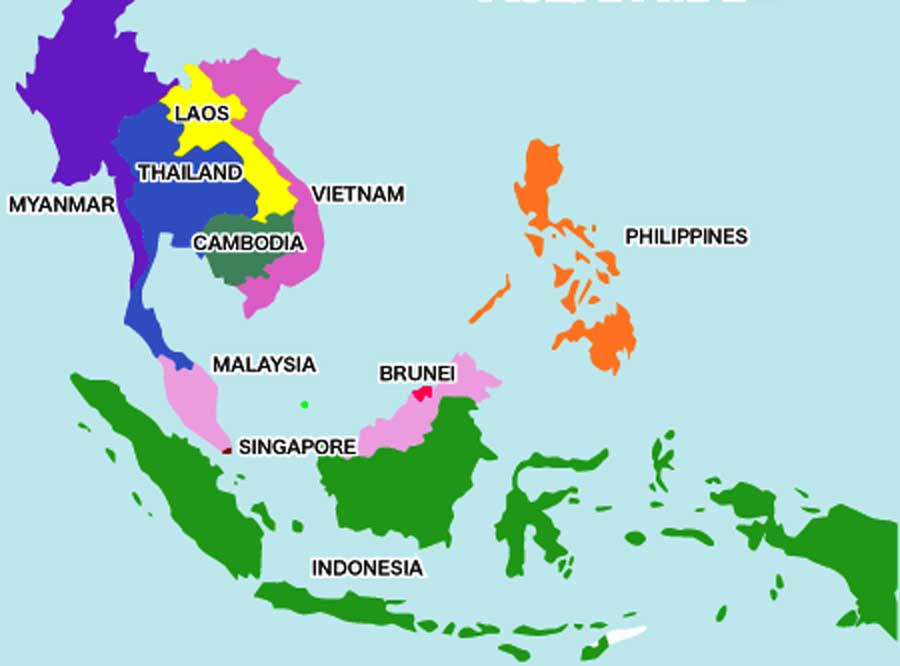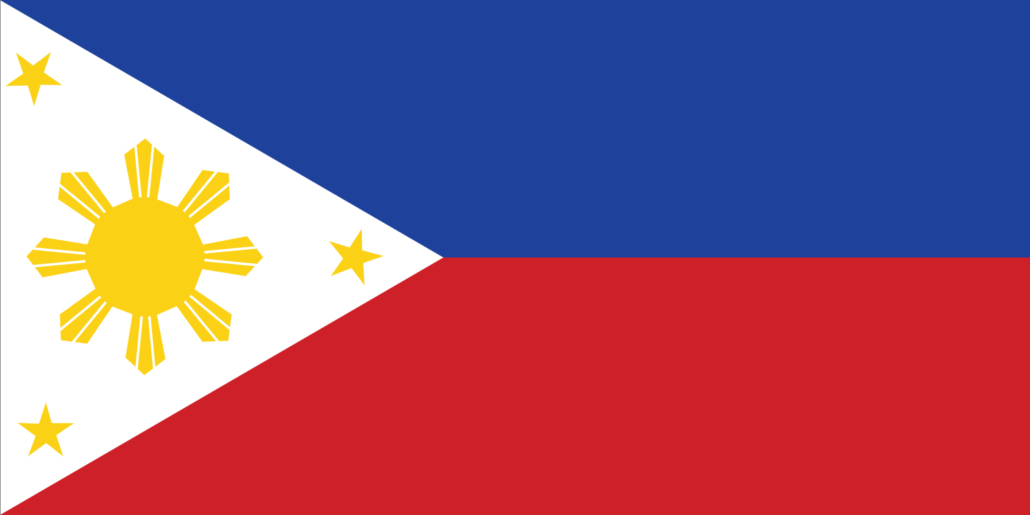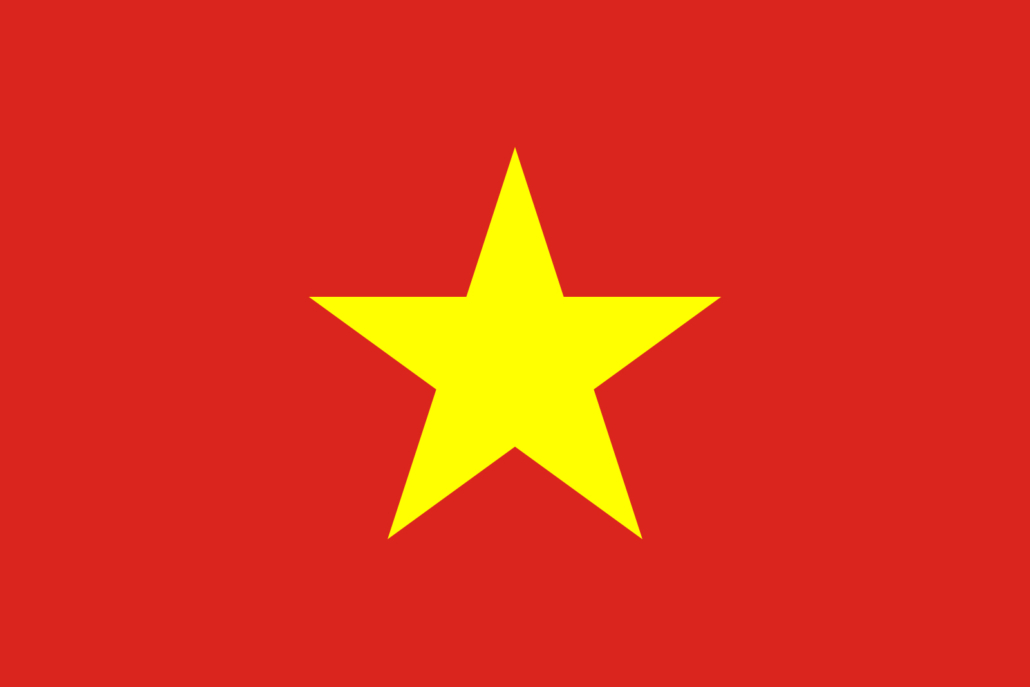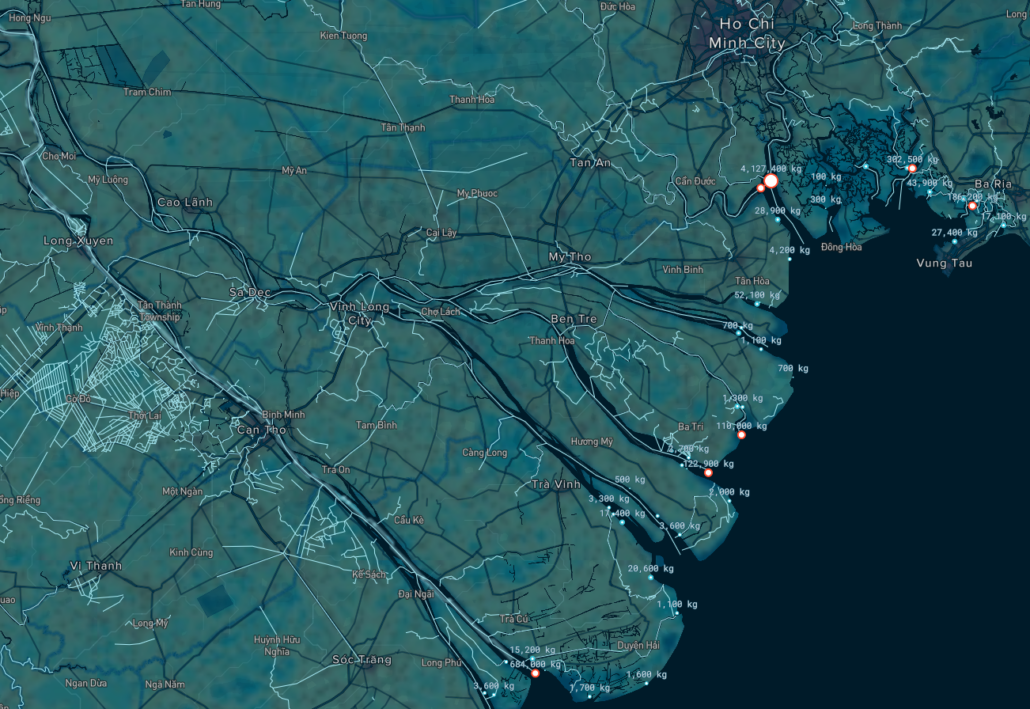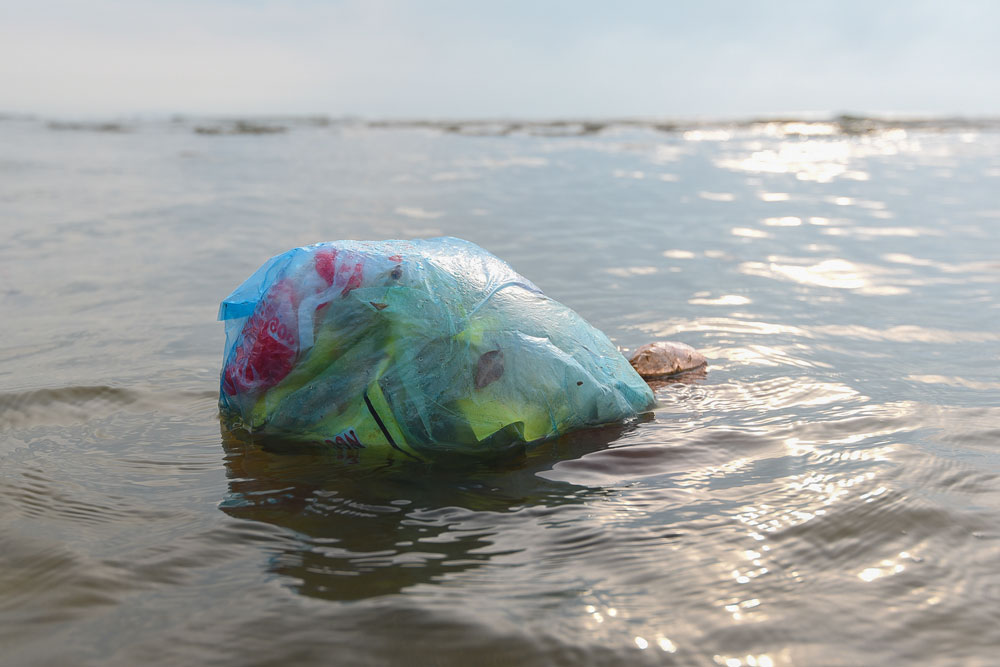Countries in Southeast Asia are major contributors of plastic waste to the oceans. It is estimated that
globally, five of the eight largest contributors of plastic waste to the oceans are member states of the
Association of Southeast Asian Nations (ASEAN). Despite vast media attention, there are substantial
knowledge gaps and capacity needs in managing plastic leakage. Hans Fredrik Veiteberg Braaten, NIVA 2021.
See full report here.
Facts on The Philippines
Check out this OECD-report from 2022, focusing on marine plastic pollution in The Philippines.
This country is, together with Vietnam, where Rivers.Global hopes to deploy The River Cleaner in the near future.
https://www.oecd.org/ocean/topics/ocean-pollution/marine-plastics-pollution-Philippines.pdf
Here you will find facts of all ASEAN countries.
Marine pollution in Vietnam
Check out this OECD-report from 2022, focusing on marine plastic pollution in Vietnam.
Rivers.Global hopes to deploy The River Cleaner in Vietnamese rivers in the near future.
https://www.oecd.org/ocean/topics/ocean-pollution/marine-plastics-pollution-Viet-Nam.pdf
Here you will find facts of all ASEAN countries.
Interactive map showing polluted rivers in the world
The Ocean Cleanup organisation launched in 2021 an open-access interactive map with an overview of the 1000 most polluted rivers in the world.
You can explore the map yourself in the link below. Take a virtual trip to South and Central America, Africa, and Asia, and compare these with other parts of the world. This map emphasizes the massive challenge we all face. The solution certainly lies in clean-up actions, but we must also underscore the importance of good waste-management schemes, recycling, and not least improved awareness among communities, policy-makers, producers and consumers.
Search and research
Norwegian biologist and professor Dag O Hessen in August 2018:
“What is science?”, “What is research?”
His answer was quite simple, but worth keeping in mind: “It is THE SEARCH for truth.”
In many fields, we cannot expect to get the full picture, but that does not hinder us from searching again, or re-search.
What was true yesterday may not be true tomorrow.
This is very much the case when it comes to marine pollution and plastic debris in rivers and in the ocean. We do not have exact answers on questions like “How much of the plastic in the ocean comes from rivers?” or “How much of total ocean trash is actually plastic?”
What we DO know, for a fact, is that there are thousands of rivers in the world, small and big, absolutely packed, jammed and constipated due to plastic and other rubbish. And we should be a little impatient about doing something about it.
It is cheaper and far more efficient to get hold of the plastic while it’s still in the rivers. Simply because most of it sinks after entering the seas, and becomes more or less unreachable.
We will keep on with scientific studies and constant research for the truth, but HEY, we already know enough to start DOING something, we know enough to act!

